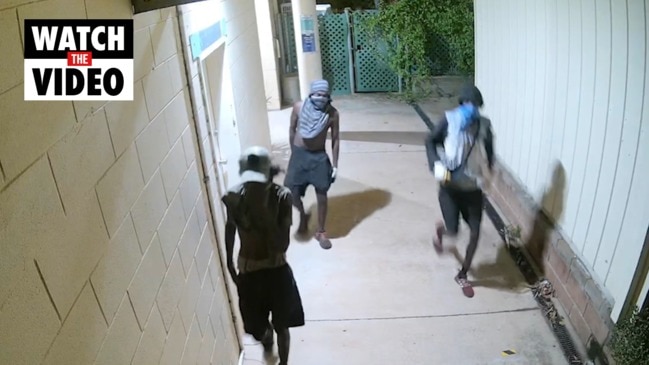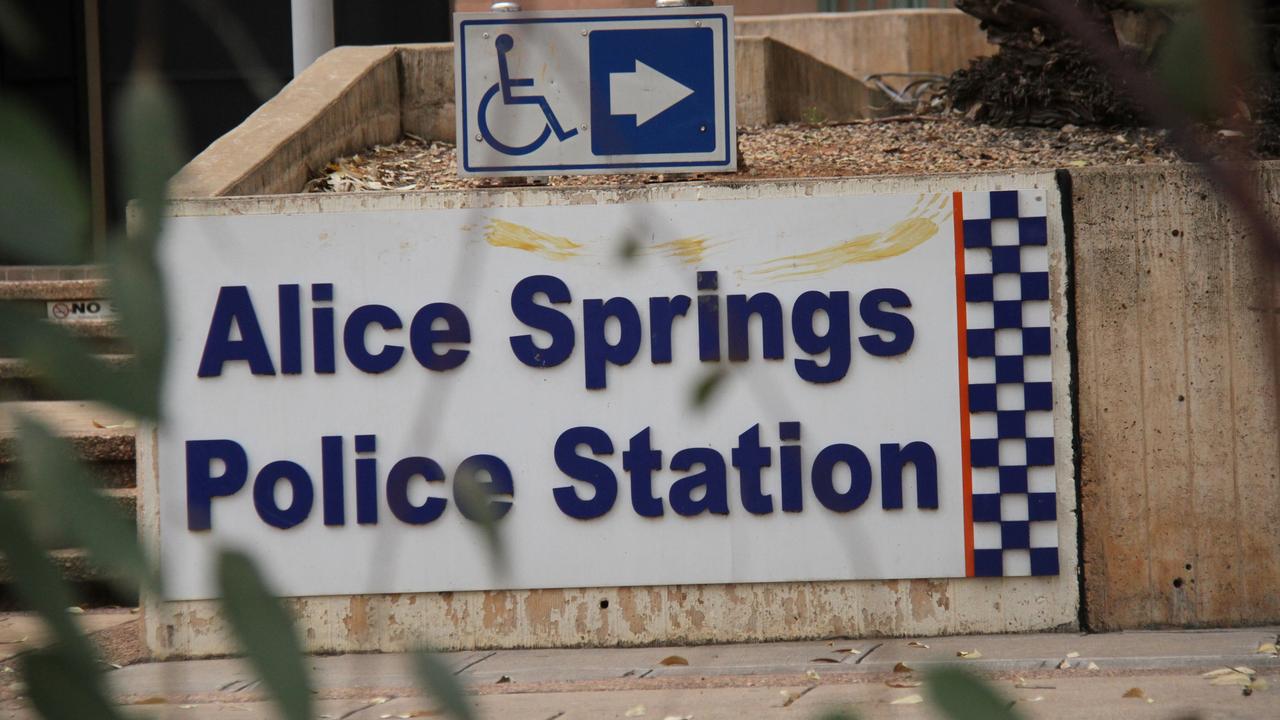‘Magical thinking’: Criminologist says a curfew for kids won’t stop crime in the long run
IT’S ‘magical thinking’ to assume a curfew could reduce youth crime issues in the Northern Territory, according to one of Australia’s leading criminologists

Centralian Advocate
Don't miss out on the headlines from Centralian Advocate. Followed categories will be added to My News.
- ‘Police will not be resting on our laurels’: Top cop weighs in on Alice Springs’ Operation Shorewood
- Operation Lunar: the bold new plan to prevent youth crime
IT’S “magical thinking” to assume a curfew in Alice Springs could prevent youth crime long term, according to a leading criminologist.
“At the end of the day, you’ve got to treat the causes,” Foundation Professor of Criminology and Criminal Justice at Griffith University Ross Homel said.
“Youth curfews or get-tough-on-crime crackdowns and the endless parade or repressive criminal justice don’t deal with the root causes of youth crime and anti-social behaviour and drug use.”
Professor Homel said the best strategy is one that focuses on health care rather than relying on punitive criminal justice.
“That way, we can create a safer community, less stressed families and children who grow up to flourish.
“This is not academic pie-in-the sky idealism. This is based on hard evidence.”
Professor Homel said that kids who tend to roam the streets at night often come from families under enormous economic and social pressure, and thus struggle to exercise the supervision kids require.
He said it is critical to work early on in a child’s life with the community, schools, preschools and other agencies that are interested in the wellbeing of children to start addressing the root causes of social problems that lead to offending later in life.
MORE CENTRALIAN NEWS
$200m Jervois copper mine could become global supplier, lead to expansion of Darwin-Adelaide railway
Man charged with murder of woman outside Alice Springs Hospital faces court
Aboriginal man who died in custody received appropriate treatment, NT coroner finds
Councillor Eli Melky, who has been leading the charge in council for a curfew, said that while he doesn’t disagree with Professor Homel, Alice Springs needs immediate relief from crime.
Mr Melky said that he sees a curfew as the first step in a three-phase process, with those latter stages involving strategies like those outlined by Professor Homel.
“With the use of a curfew, we’re not trying to resolve domestic violence or cultural and social disadvantages,” Mr Melky said.
“What it will do is deal with the people taking advantage of our good and decent community, who are out on the street at all hours of the night committing crimes.
“My immediate focus and goal is to support a safe community, whatever it takes, however long it takes. And we support those in power to utilise the instrument known as a curfew when needed and apply it as practical as a first-phase approach.”
Both Mr Melky and Professor Homel agreed that reducing youth offending would take serious commitment from the government.
Professor Homel said solving the causes of youth offending will require at least a 10-year commitment from policymakers.
“It takes many election cycles and politicians with real courage, from both sides of politics, to work with the community. And not by telling them what to do. (Politicians) need to put power in their hands, particularly for Indigenous communities. Then they can be empowered to work in partnership with experts.
CENTRALIAN ADVOCATE sizzling new deal: Get all your news for just $5 a month
“And it doesn’t have to be expensive either. It’s cheaper than royal commissions or building more prisons.”


